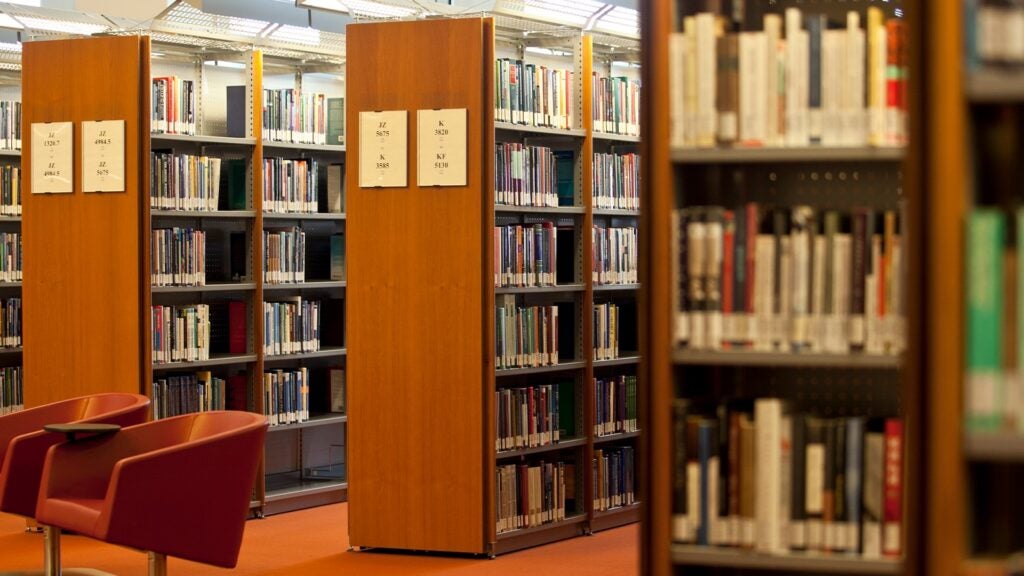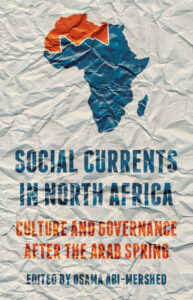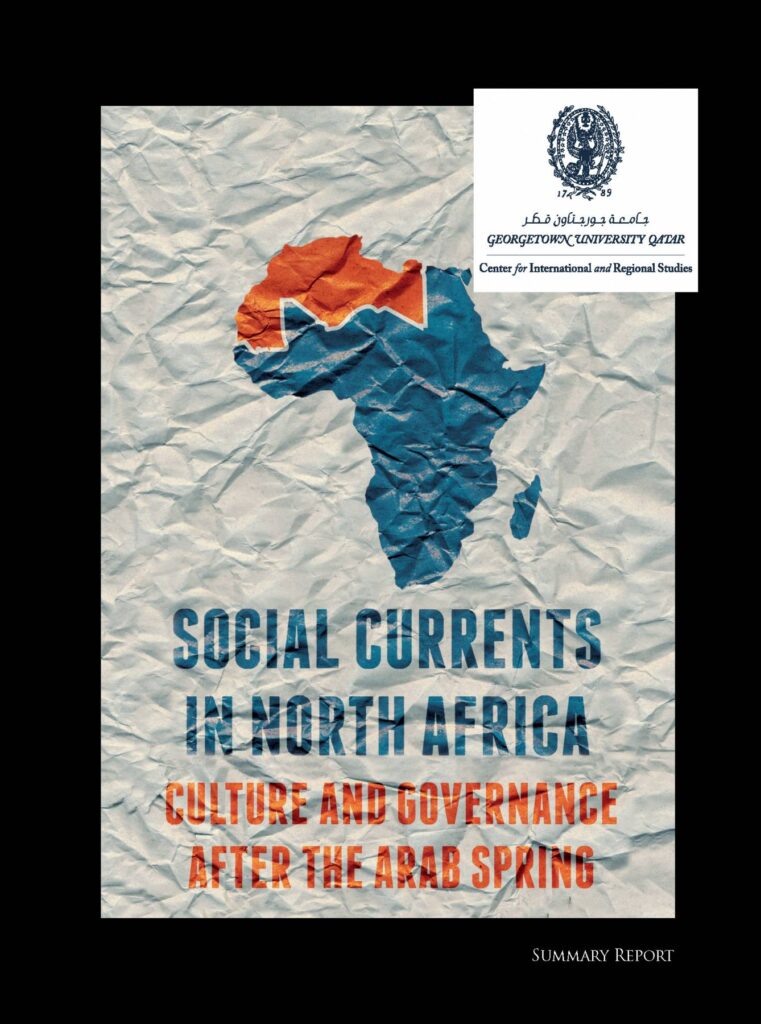Publications

Books

Osama Abi-Mershed, ed., Social Currents in North Africa: Culture and Governance after the Arab Spring (Oxford/Hurst, 2018).
Social Currents in North Africa is a multi-disciplinary analysis of the social phenomena unfolding in the Maghreb today. The contributors analyze the genealogies of contemporary North African behavioral and ideological norms, and offer insights into post-Arab Spring governance and today’s social and political trends. The book situates regional developments within broader international currents, without forgoing the distinct features of each socio-historical context. With its common historical, cultural, and socio-economic foundations, the Maghreb is a cohesive area of study that allows for greater understanding of domestic developments from both single-country and comparative perspectives. This volume refines the geo-historical unity of the Maghreb by accounting for social connections, both within the nation-state and across political boundaries and historical eras. It illustrates that non-institutional phenomena are equally formative to the ongoing project of post-colonial sovereignty, to social construction and deployments of state power, and to local outlooks on social equity, economic prospects, and cultural identity. Read more at Oxford University Press.
Summary Report

“Social Currents in North Africa,” CIRS Summary Report no. 23 (Doha, Qatar: Center for International and Regional Studies, 2018).
Social Currents in North Africa is a multi-disciplinary analysis of the social phenomena unfolding in the Maghreb today. The contributors analyse the genealogies of contemporary North African behavioral and ideological norms, and offer insights into post-Arab Spring governance and today’s social and political trends. The book situates regional developments within broader international currents, without forgoing the distinct features of each socio-historical context. With its common historical, cultural, and socio-economic foundations, the Maghreb is a cohesive area of study that allows for greater understanding of domestic developments from both single-country and comparative perspectives. This volume refines the geo-historical unity of the Maghreb by accounting for social connections, both within the nation-state and across political boundaries and historical eras. It illustrates that non-institutional phenomena are equally formative to the ongoing project of post-colonial sovereignty, to social construction and deployments of state power, and to local outlooks on social equity, economic prospects, and cultural identity.